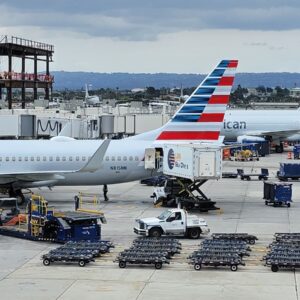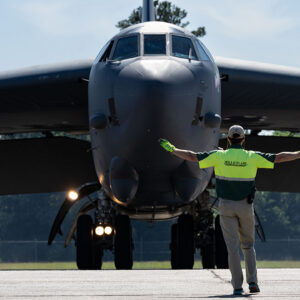
KordaMentha eyes Bonza as regional airline’s owner 777 Partners nutmegged by Everton takeover delays | Airlines

Citi’s AAdvantage Business Card Relaunches: Lucrative Bonus, Double Dip And Earn American Airlines Status Faster | Airlines

B-52s Land At Civilian Airport To Test Their Ability To Operate From Unfamiliar Airfields | Aviation
Latest Posts - technologytag.com









